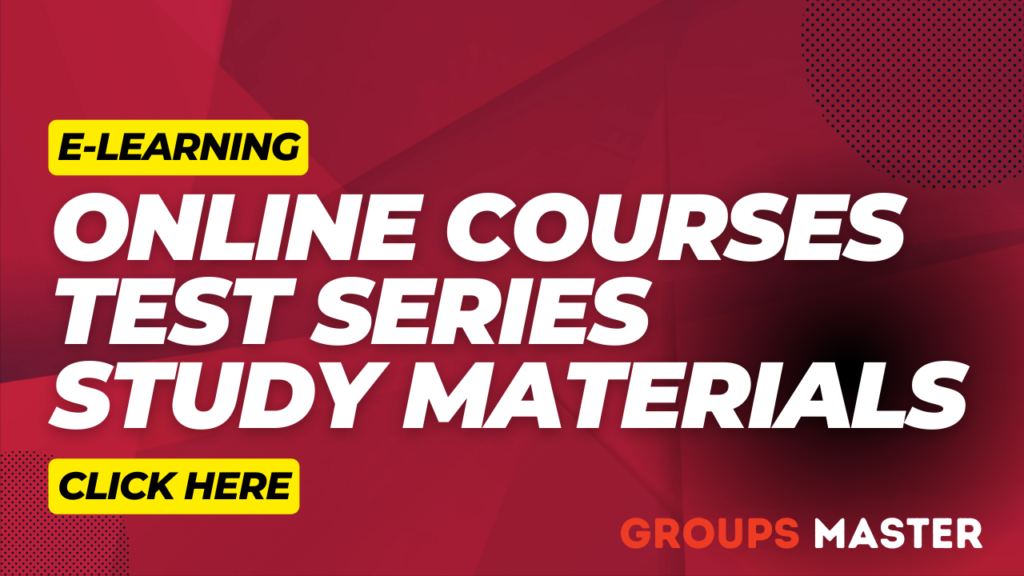1. Consider the following statements
1. A person who is not a member of either House of the Parliament can be appointed a member of the Council of Ministers.
2. Anyone can be appointed as a member of the Council of Ministers for a maximum period of 3 years.
3. A person shall not be less than 25 years of age in order to become a minister.
Which of the statements given above is/are correct? [UPSC CAPF 2013]
(a) 2 and 3
(b) Only 1
(c) 1 and 3
(d) All of these
2. Which of the following statements are correct regarding the election of the President of India? [UPSC CAPF 2014]
1. He is elected indirectly.
2. He is elected through an electoral college consisting of all elected MPs and MLAs.
3. He is elected directly.
4. Members of the Legislative Council have no right to vote in the Presidential election.
Select the correct answer using the codes given below.
Codes
(a) 1 and 2
(b) 1, 2 and 4
(c) 1 and 4
(d) 3 and 4
3. President’s Bodyguards is ? [UPSC CAPF 2015]
(a) a police force under the control of the President’s Secretariat
(b) a paramilitary force
(c) a unit of Delhi Police
(d) None of the above
4. Who is the Supreme Commander of the Indian Armed Forces? [UPSC CAPF 2015]
(a) President
(b) Prime Minister
(c) Defence Minister
(d) Longest serving Chief of Staff
5. The 2nd Administrative Reforms Commission has produced Reports on ?
1. Ethics in Governance.
2. Local Governance.
3. Combating Terrorism.
4. Eradication of Corruption.
Select the correct answer using the code given below. [UPSC CAPF 2015]
(a) 1,3 and 4
(b) 2, 3 and 4
(c) 1 and 2
(d) 1, 2 and 3
6. Which one of the following statements relating to the power of the President of India to grant pardon is not correct? [UPSC CAPF 2018]
(a) The President has the power to grant pardon where punishment or sentence is by a Court Martial.
(b) The President can grant pardon in all cases where the sentence is a sentence of death.
(c) The Court’s power of judicial review is very limited in relation to the decision of the President on mercy petition.
(d) The power to grant pardon by the President is the power that the sovereign never exercises against its own judicial mandate.
7. In relation to the powers of the Union Government of India, which one of the following statements is NOT correct? [UPSC CAPF 2020]
(a) The Government of India may undertake legislative functions of a territory outside of India by agreement with the Government of that territory
(b) The Union Government may not entrust a State Government with functions over matters where executive power of the Union extends.
(c) The Union Government may direct States for construction and mainte nance of means of communication of military importance
(d) The Governor may, with consent of Government of India, entrust its officers with functions on matters which fall within the executive power of the State
8. The Electoral College for electing the President of India does not include which of the following? [UPSC CAPF 2021]
1. All elected members of the Rajya Sabha
2. All elected members of the Legislative Assemblies of States
3. All members of the Legislative Councils of States
Select the correct answer using the code given below.
(a) 1 and 2
(b) 2 and 3
(c) 3 only
(d) 2 only
9. Which one of the following powers has not been conferred on the President of India? [UPSC CAPF 2021]
(a) Appointment of Prime Minister
(b) To decide at his/her discretion any question regarding disqualification of a Member of the Parliament
(c) To grant pardon to a person who has been punished by a court martial
(d) To remove a Judge of the High Court
10. Which of the following statement(s) regarding promulgation of ordinance is/are correct ? [UPSC CAPF 2020]
1. President can promulgate ordinances which are of temporary duration
2. An ordinance promulgated by the President has to be ratified by Parliament within six weeks of its re-assembly.
Select the correct answer using the code given below: [UPSC CAPF 2020]
(a) 1 only
(b) 2 only
(c) Both 1 and 2
(d) Neither 1 nor 2
11. Which one of the following statements about the Attorney-General of India is NOT correct [UPSC CAPF 2019]
(a) He shall have the right to speak in the Houses of Parliament
(b) He shall have a right of audience in all Courts in the territory of India in the performance of his official duties
(c) He must have the same qualifications as are required to be a Judge of the Supreme Court
(d) He is a whole-time counsel for the Government



